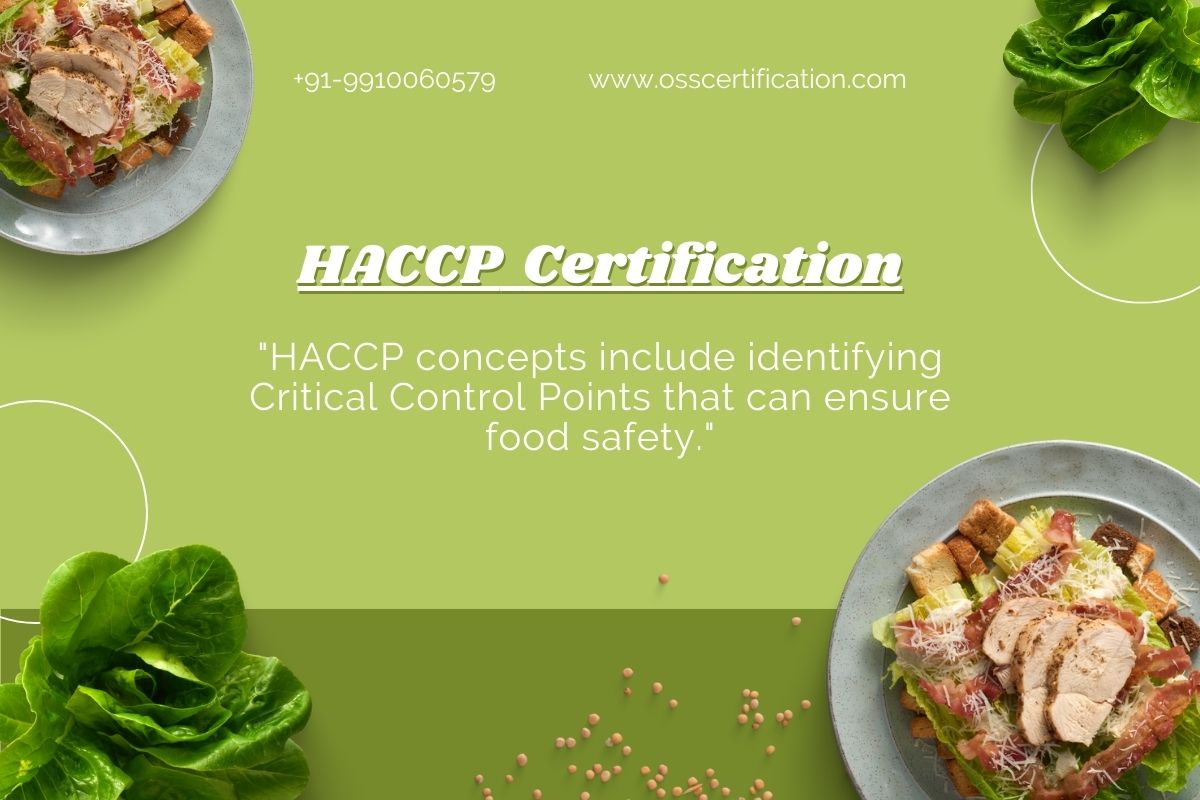Why ISO 22000 Certification is Required For The Food Safety Management
ISO certification is today's requirement. If an organization is ISO-certified then consumer trust will automatically increase. When we talk about its types then there are several ISO certification types. One of the popularly used ISO certifications in the food industry is the ISO 22000 Certification. This ISO certification helps in making sure that the food safety management system is in place. This certification is used in the food industry for ensuring the safety of food. For managing the food supply chain the ISO 22000 certification provides guidelines. ISO 22000 certification makes sure that the food is safe for human consumption.
All organizations can have this certificate for the better quality of food. In order to increase customer satisfaction and effectively communicate food safety issues to their suppliers, customers, and receptive parties, the standard method of obtaining of adherence to relevant laws and regulations regarding food safety standards, an assessment and evaluation of consumer demands, and evidence of compliance with those mutually agreed customer needs that relate to food safety.
Let’s Understand The Benefits of ISO 22000 Certification For Food Safety Management
ISO 22000 certification is best known for food safety, it not only provides guidelines to maintain food safety but also has several benefits. Some of them are given below;
- Maintain Food Safety and Quality- ISO 22000 certification helps organizations maintain their systems and control to provide quality to their consumers. This gives consumers more confidence that the food they are purchasing is safe to eat.
- Reduce the Foodborne Illness Risk- Businesses can lower the risk of foodborne disease by maintaining the organization's systems and procedures to assure food safety. This not only protects customers but also reduces reputational and financial risks for corporations.
- Aid Organizations to Meet Regulatory Requirements- Many nations require enterprises to be ISO 22000 certified in order to operate in the food industry. This certification assists organizations in meeting regulatory criteria and demonstrates their commitment to food safety.
- Raising Consumer Confidence- Customers are frequently more trusting in organizations that have ISO 22000 certification, as it demonstrates that these businesses take food safety seriously. This can result in increased brand loyalty and higher sales.
- Help in Developing Trust- Firms can use ISO 22000 certification for developing trust with their customers, as this certification demonstrates their commitment to food safety and quality.
What is HACCP Certification?
A HACCP Certification is a document given to food manufacturers and processors to confirm that their team has created and successfully implemented a thorough and comprehensive HACCP plan. As a food safety management system, the HACCP plan must include an extensive collection of documentation and processes for identifying and analyzing hazards, and controlling, limiting, and monitoring any potential hazard in your food chain. Furthermore, HACCP compliance assures that the food is safe from any physical, chemical, or biological dangers. This also contributes to the preservation of personal hygiene and appropriate temperature requirements. According to the Food Safety and Standards Act governs food laws in India, the HACCP helps to assure compliance with food and safety requirements, allowing the business to easily secure FSSAI.
HACCP contributes to food safety at all stages of the supply chain, including procurement, production, storage, distribution, and consumption. HACCP concepts include identifying Critical Control Points that can ensure food safety. This helps to standardize the food process and provides corrective procedures to guarantee that standards are met.
Conclusion
There are numerous advantages of ISO 22000 certification for the food business. This certification can assist businesses in ensuring food safety and quality, improving supply chain management, meeting regulatory requirements, demonstrating a commitment to food safety, increasing consumer confidence, facilitating international trade, cost savings, and providing a competitive advantage. ISO 22000 certification is a significant tool for food industry organizations looking to improve their operations and achieve success.





Comments
Post a Comment